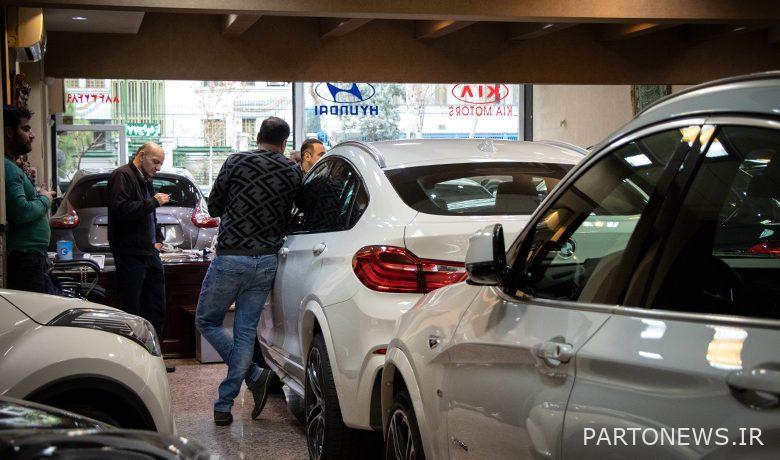Changes in the Car Liberation Act

According to Tejarat News, the non-approval of the car import decision by the Guardian Council disappointed many people about the resumption of car imports into the country, however, some deputies stressed that the council’s objections could be resolved and the import decision would eventually be approved.
Now, in a situation where it is said that some members of parliament do not have the motivation and desire of the past to break the spell of three and a half years of car imports, the Industries and Mines Commission reports that the Guardian Council’s objections have been reviewed and the resolution amended.
But what are the major changes and amendments made to the car import decree? According to the decree, any natural or legal person can import a car in exchange for the export of a car, services or car parts or other goods related to various power industries or through the currency of persons of foreign origin.
The change made in this part of the decree is related to the issue of the origin of the currency. Prior to this amendment, the necessity of foreign origin of individuals’ currency was not mentioned and it was only emphasized that currency should be used that does not create a currency obligation for the country.
In fact, it was only said that the import of cars should not put currency pressure on the country and can be done through foreign exchange of foreign origin. However, according to the amendments, the source of currency used to import cars must be approved by the Central Bank.
In other words, the currency used to import the car must meet two conditions; The first is that its origin is not domestic (does not lead to the outflow of foreign currency from the country) and the second is that the central bank approves the origin of the currency used.
Another important amendment to the car import decree is the removal of the Competition Council. In the initial resolution, the Competition Council was to determine the type and number of imported cars once every six months and in accordance with market needs. The council has in the past protested that it does not have the tools to compete in the car market, and that one of these tools is imported cars.
With the approval of the parliament, the Competition Council could, in addition to its responsibility in determining the price of domestic cars, also take control of car imports. However, according to the amendment made in the car import decree, the Competition Council has been completely excluded from this process. It is also said that the Competition Council no longer has a role in determining the price of domestic cars, so the council has been virtually excluded from the automotive field.
With the removal of the Competition Council from the car import case, but the third change in the amendment of this decree has occurred, and that is the presence of the Ministry of Silence and the Council of Ministers in the car import process. According to the amendment, the quality and fuel consumption index of imported cars, as well as the number of foreign cars allowed to enter the country, will be proposed by the Ministry of Silence. In other words, the Ministry of Silence proposes the number and type of imported cars in proportion to the difference between domestic production and their effective demand over the past year, and this proposal must be approved by the Council of Ministers.
Source: the world of economy

